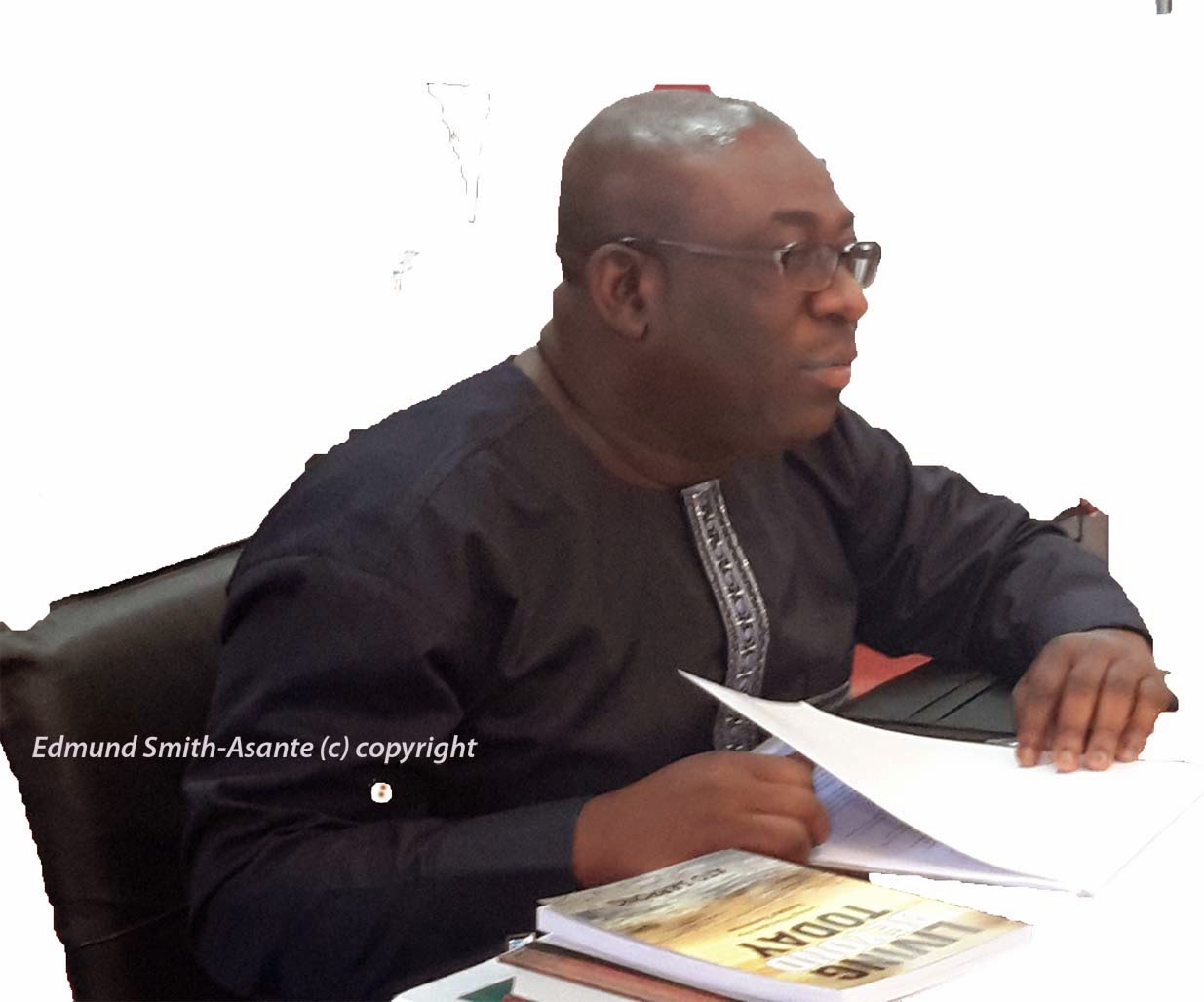Reducing Maternal Deaths – Oxfam holds dialogue with TBAs, Religious bodies
BY EDMUND SMITH-ASANTE
The rate of maternal deaths in Ghana currently stands at 350 deaths per 100,000 births, a very high rate by all standards.
Compared with other countries, available statistics indicate that the likelihood of a woman dying during child birth in Ghana is 1 in 66, while it is 1 in 100 in South Africa and 1 in 4700 in the United Kingdom.
Further, it has been noted that about 75 women in Ghana, die every week from complications during pregnancy and childbirth, most of which are preventable.
It is to help address this high incidence of maternal deaths in Ghana, that Oxfam, an international non-governmental organisation, together with its partners, Integrated Social Development Centre (ISODEC), Alliance for Reproductive Health Rights (ARHR) and Participatory Action for Rural Development Alternatives (PARDA), held a dialogue Friday, January 27, 2012, with traditional birth attendants (TBAs), Ghana Health Service and leaders of religious bodies in Accra.
Numbering about 24, participants at the dialogue identified the lack of enough qualified health workers, unprofessional attitudes of some doctors and nurses as well as long distance of health facilities from expecting mothers, as contributory factors to Ghana’s abysmal performance in maternal healthcare.
Also identified was the ignorance of pregnant women that they are entitled to free healthcare and if they know, their lack of understanding of the package and the reliance on traditional birth attendants, which comes with its own complications.
As part of the dialogue, the participants broke into three work groups, where they listed the roles of religious bodies and leaders in reducing maternal deaths.
These they outlined as identifying ante-natal care of pregnant women in congregations through mosque and church groups, organising sensitisation outreach programmes in communities of local churches and mosques, use of the pulpit to educate the congregation on ante-natal and post-natal issues and the encouragement of retired doctors and nurses in the churches to form voluntary groups to assist selected facilities.
Other roles they assigned were the use of the media by religious leaders who preach on radio and television to educate on maternal healthcare issues, common messages on maternal healthcare in local churches and mosques, the inclusion of messages on maternal healthcare in the annual communiqués of faith based organisations (FBOs) and targeting of women groups in churches to lead sensitisation on maternal healthcare among others.
Largely, the role of FBOs was grouped into advocacy, lobbying, education and sensitisation.
The dialogue also included the sharing of moving but pathetic stories on maternal healthcare by the participants, as well as the showing of a documentary on the situation prevailing in selected areas in Ghana and Liberia.
At the end of the dialogue a lobbying group was formed and stakeholders that will be involved, such as the Ministry of Finance, Chief Imam, Christian / Pentecostal councils and FBOs and traditional leaders among others, listed.
+addressing+participants.jpg) |
| Facilitator of the dialogue Mrs Rosemary Akolaa (standing) addressing participants |
The rate of maternal deaths in Ghana currently stands at 350 deaths per 100,000 births, a very high rate by all standards.
Compared with other countries, available statistics indicate that the likelihood of a woman dying during child birth in Ghana is 1 in 66, while it is 1 in 100 in South Africa and 1 in 4700 in the United Kingdom.
Further, it has been noted that about 75 women in Ghana, die every week from complications during pregnancy and childbirth, most of which are preventable.
It is to help address this high incidence of maternal deaths in Ghana, that Oxfam, an international non-governmental organisation, together with its partners, Integrated Social Development Centre (ISODEC), Alliance for Reproductive Health Rights (ARHR) and Participatory Action for Rural Development Alternatives (PARDA), held a dialogue Friday, January 27, 2012, with traditional birth attendants (TBAs), Ghana Health Service and leaders of religious bodies in Accra.
Numbering about 24, participants at the dialogue identified the lack of enough qualified health workers, unprofessional attitudes of some doctors and nurses as well as long distance of health facilities from expecting mothers, as contributory factors to Ghana’s abysmal performance in maternal healthcare.
Also identified was the ignorance of pregnant women that they are entitled to free healthcare and if they know, their lack of understanding of the package and the reliance on traditional birth attendants, which comes with its own complications.
As part of the dialogue, the participants broke into three work groups, where they listed the roles of religious bodies and leaders in reducing maternal deaths.
These they outlined as identifying ante-natal care of pregnant women in congregations through mosque and church groups, organising sensitisation outreach programmes in communities of local churches and mosques, use of the pulpit to educate the congregation on ante-natal and post-natal issues and the encouragement of retired doctors and nurses in the churches to form voluntary groups to assist selected facilities.
Other roles they assigned were the use of the media by religious leaders who preach on radio and television to educate on maternal healthcare issues, common messages on maternal healthcare in local churches and mosques, the inclusion of messages on maternal healthcare in the annual communiqués of faith based organisations (FBOs) and targeting of women groups in churches to lead sensitisation on maternal healthcare among others.
Largely, the role of FBOs was grouped into advocacy, lobbying, education and sensitisation.
The dialogue also included the sharing of moving but pathetic stories on maternal healthcare by the participants, as well as the showing of a documentary on the situation prevailing in selected areas in Ghana and Liberia.
At the end of the dialogue a lobbying group was formed and stakeholders that will be involved, such as the Ministry of Finance, Chief Imam, Christian / Pentecostal councils and FBOs and traditional leaders among others, listed.



Comments
Post a Comment